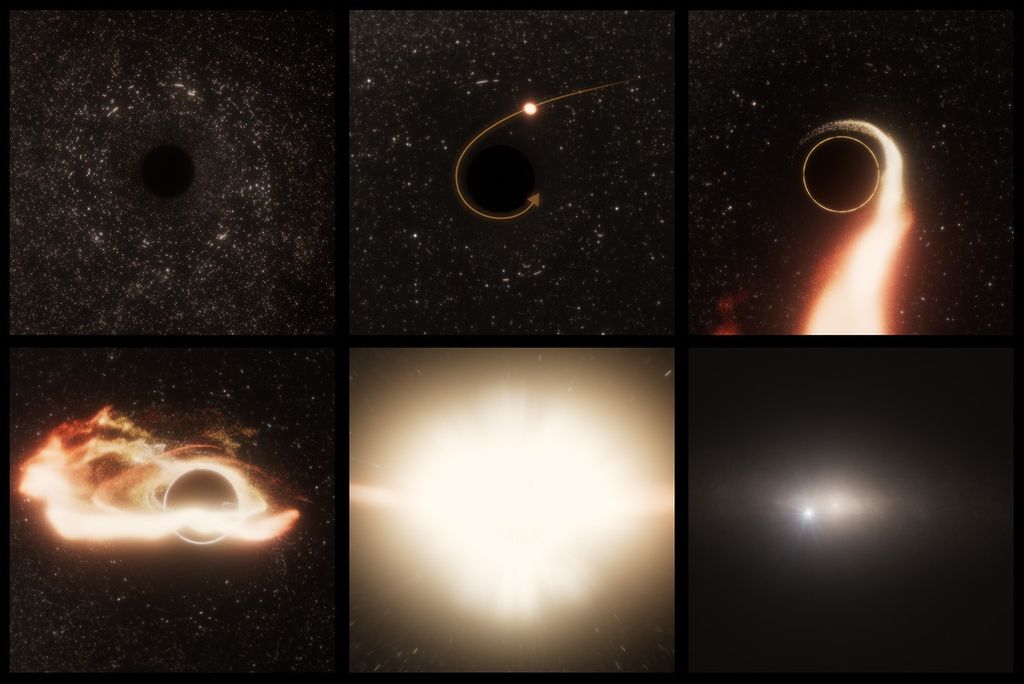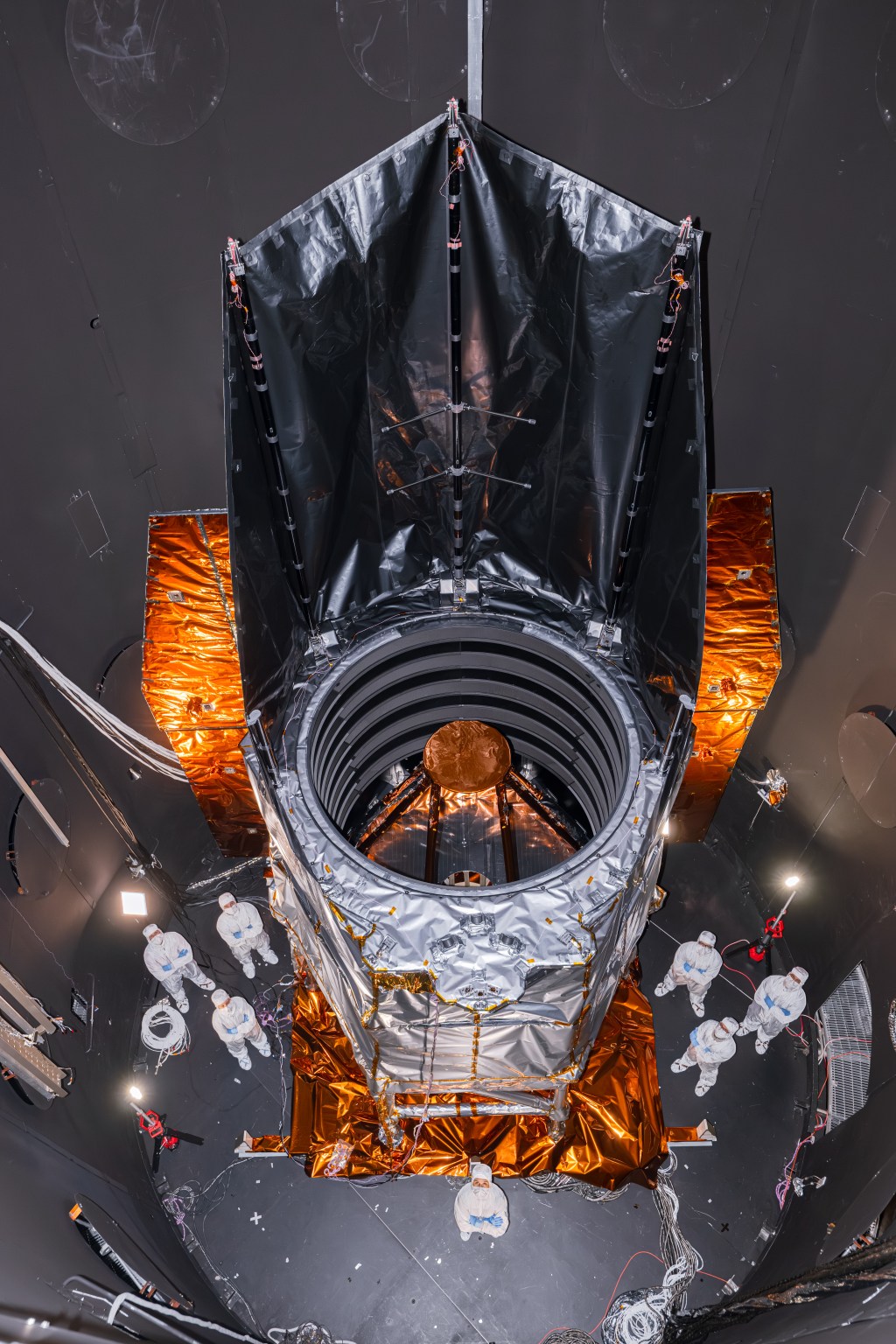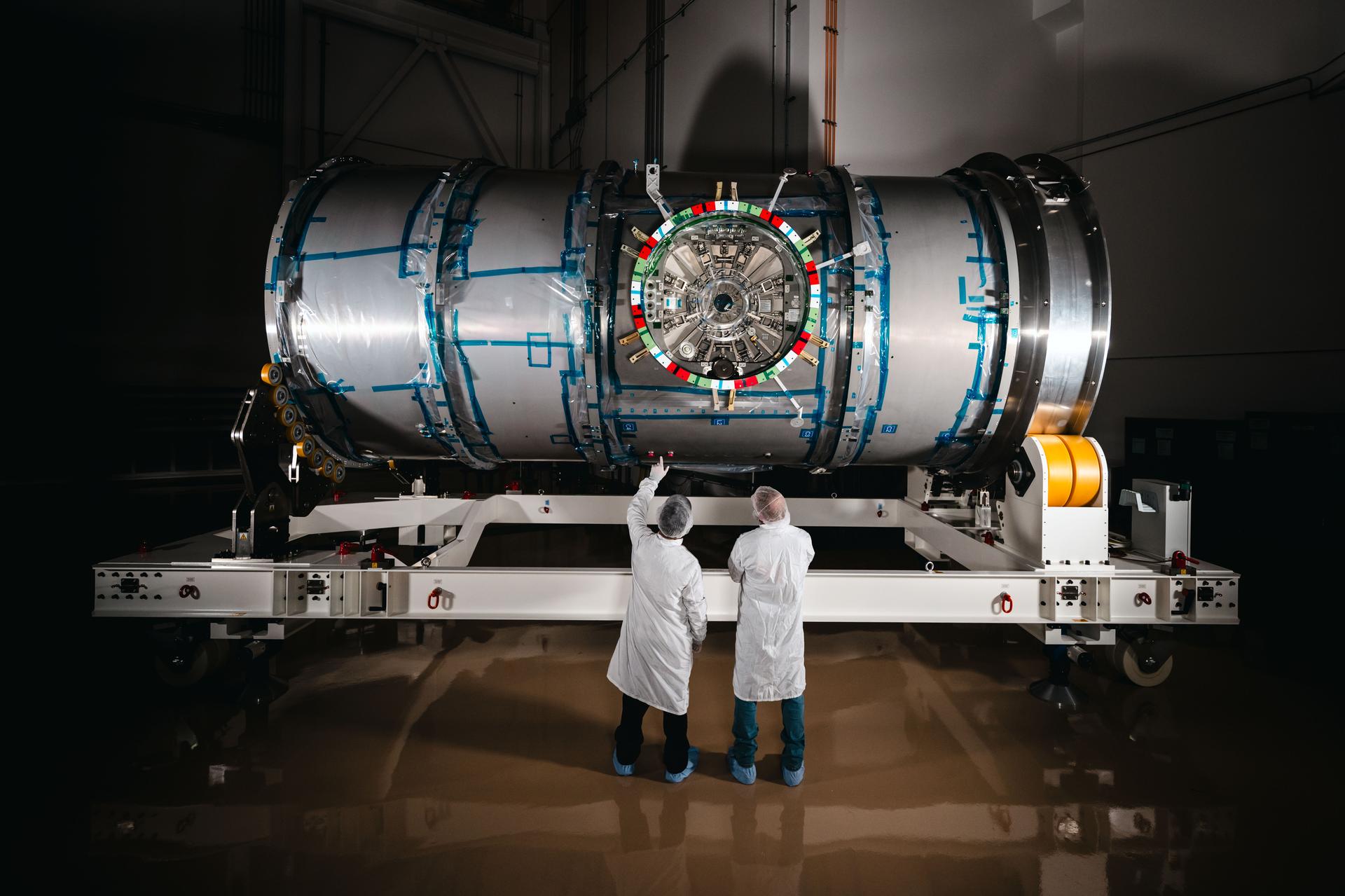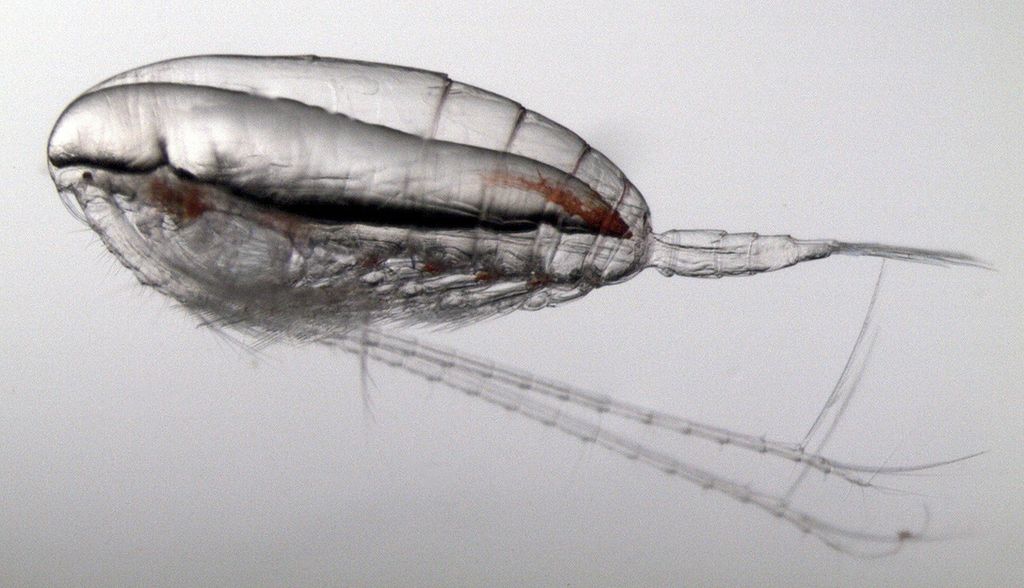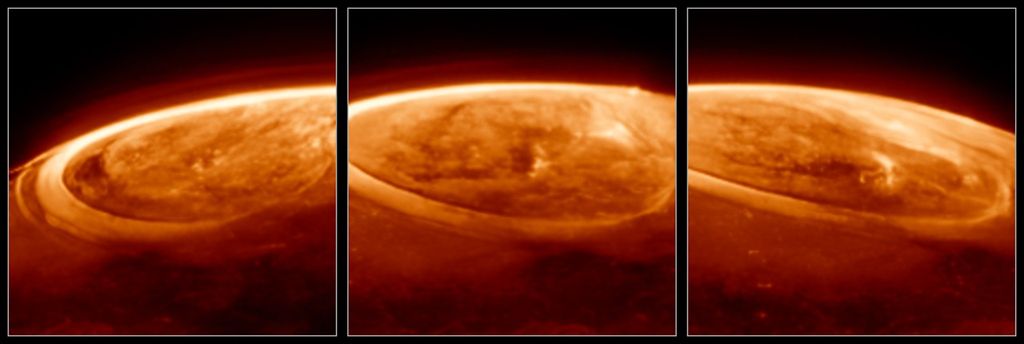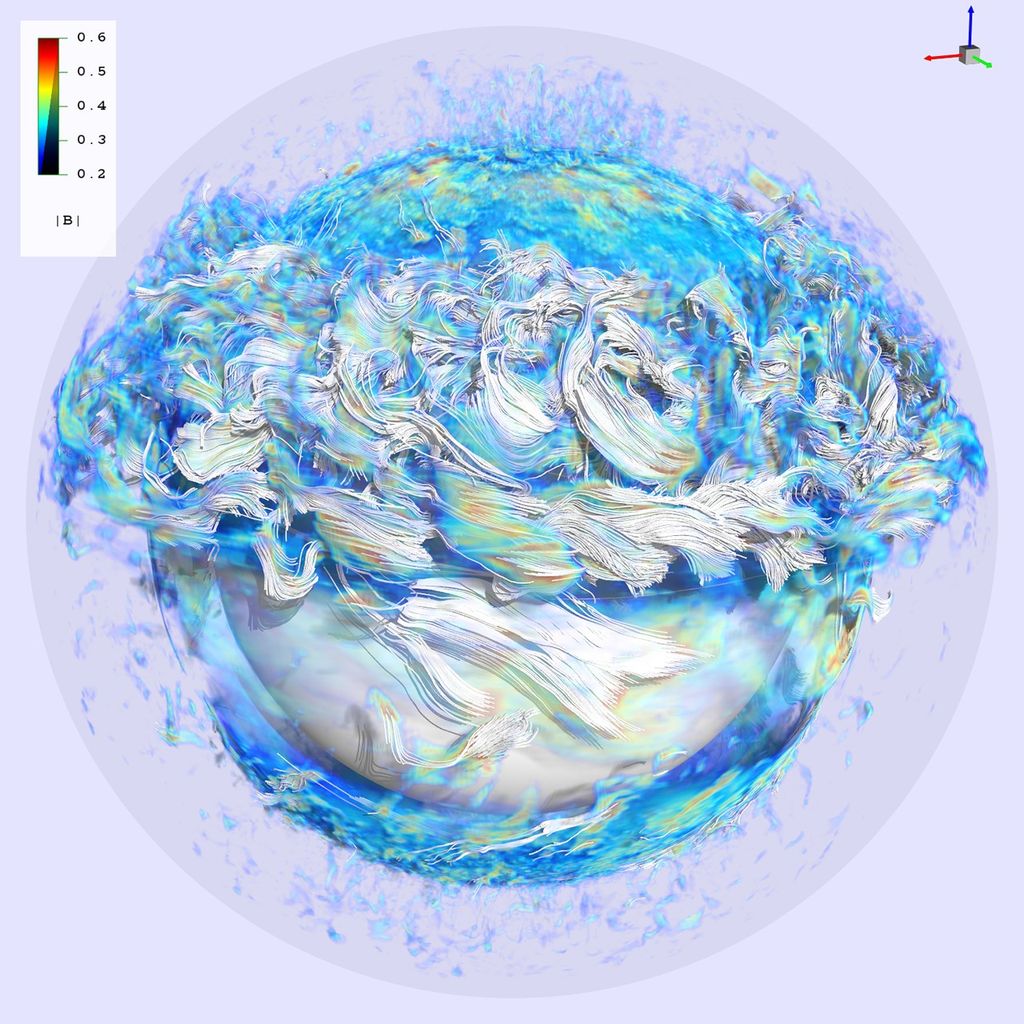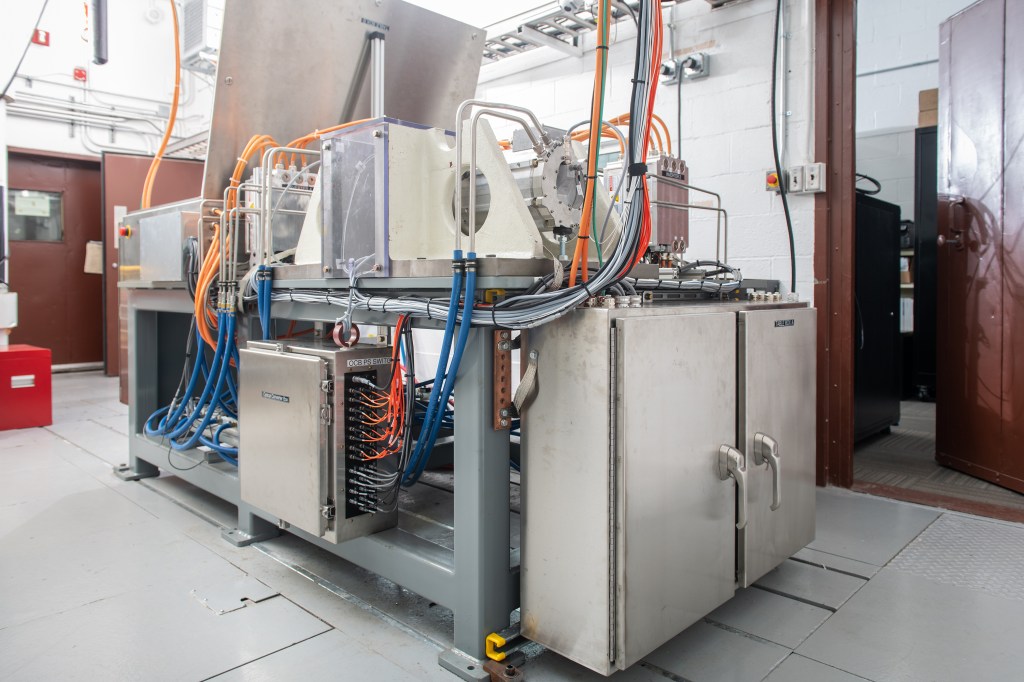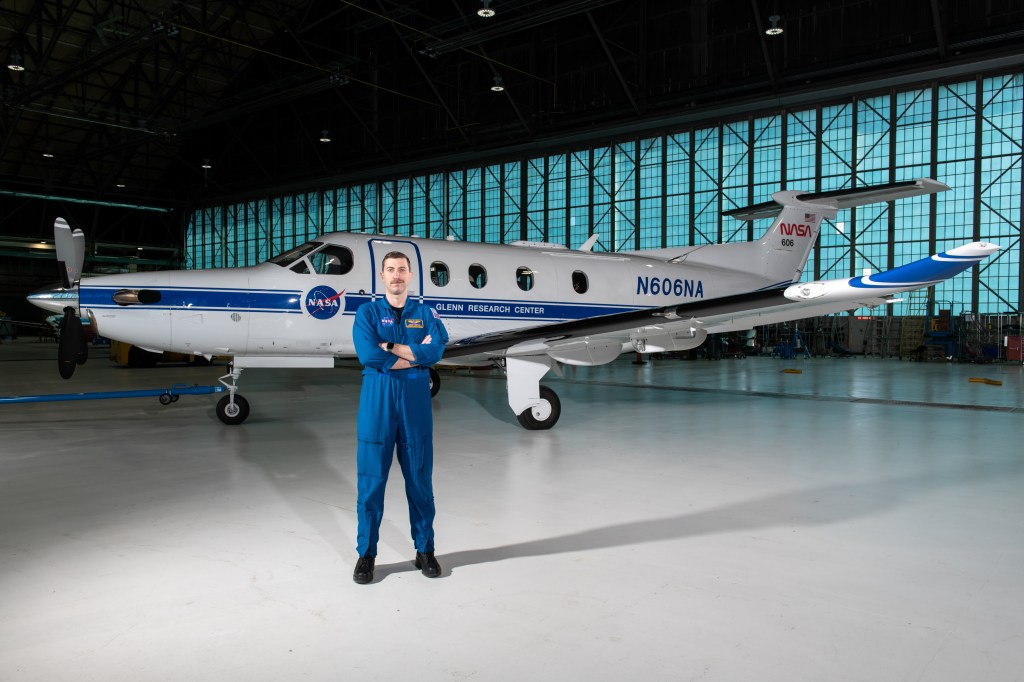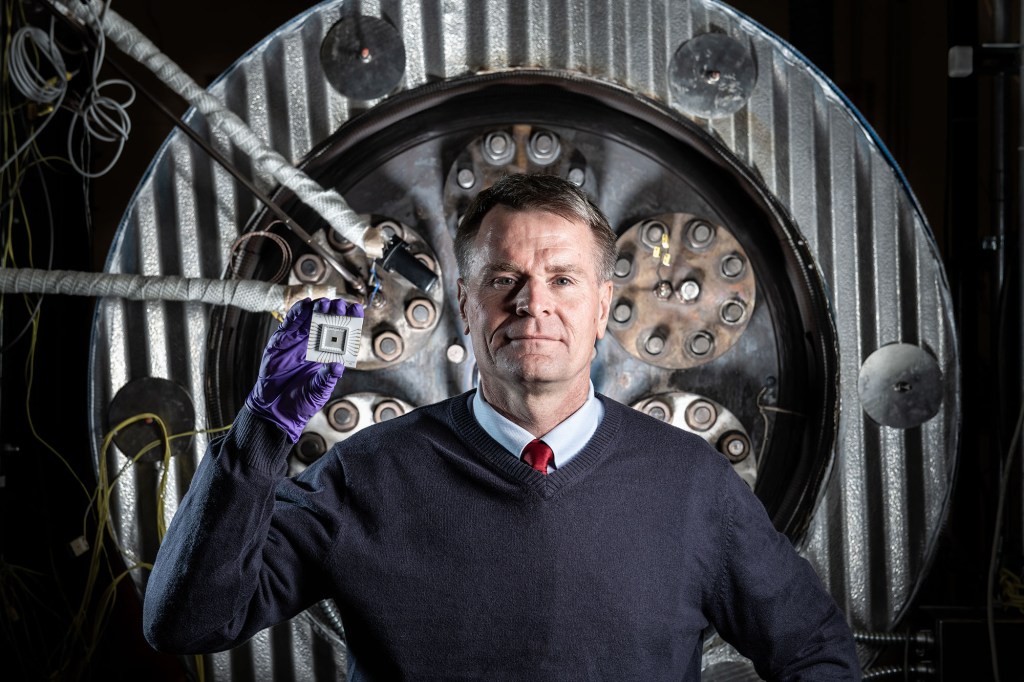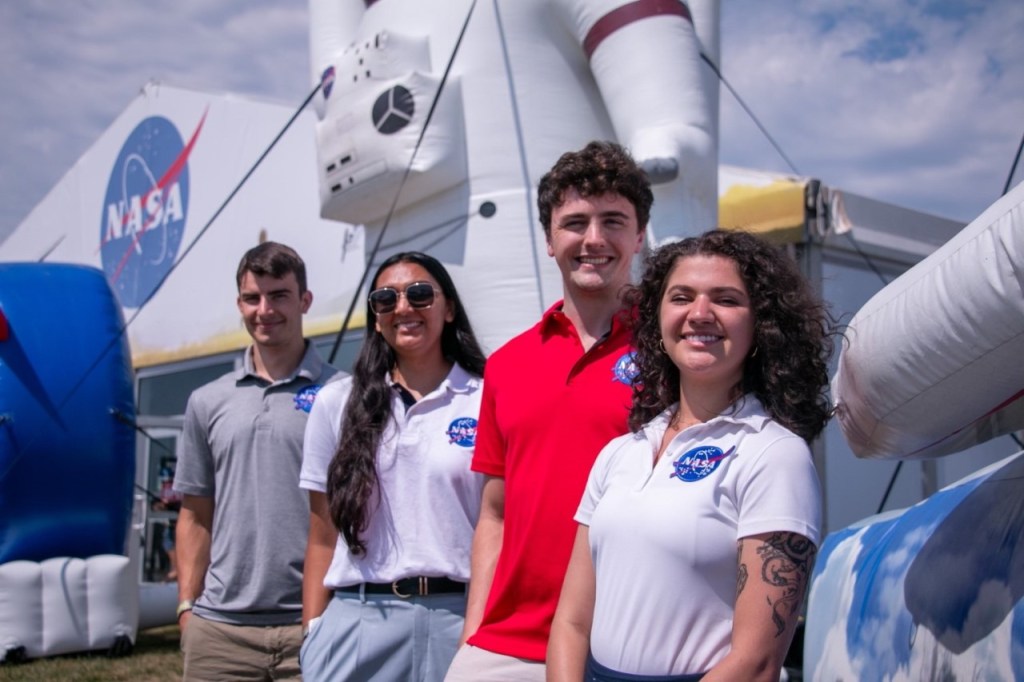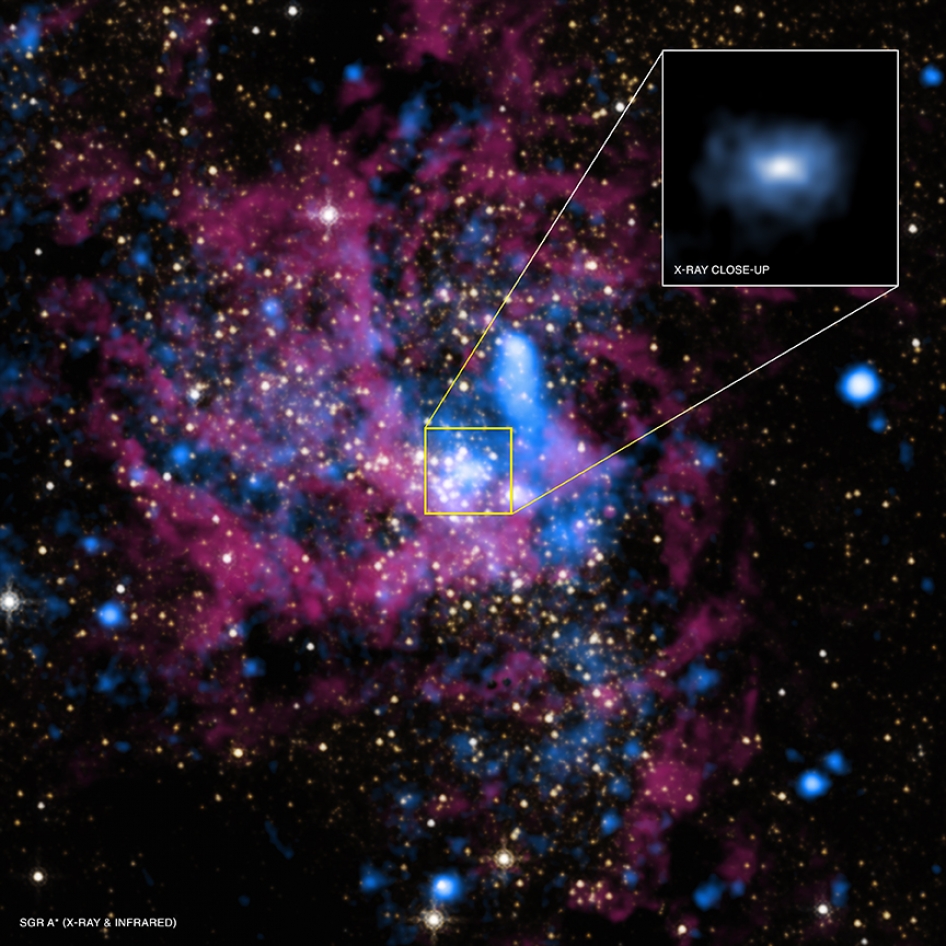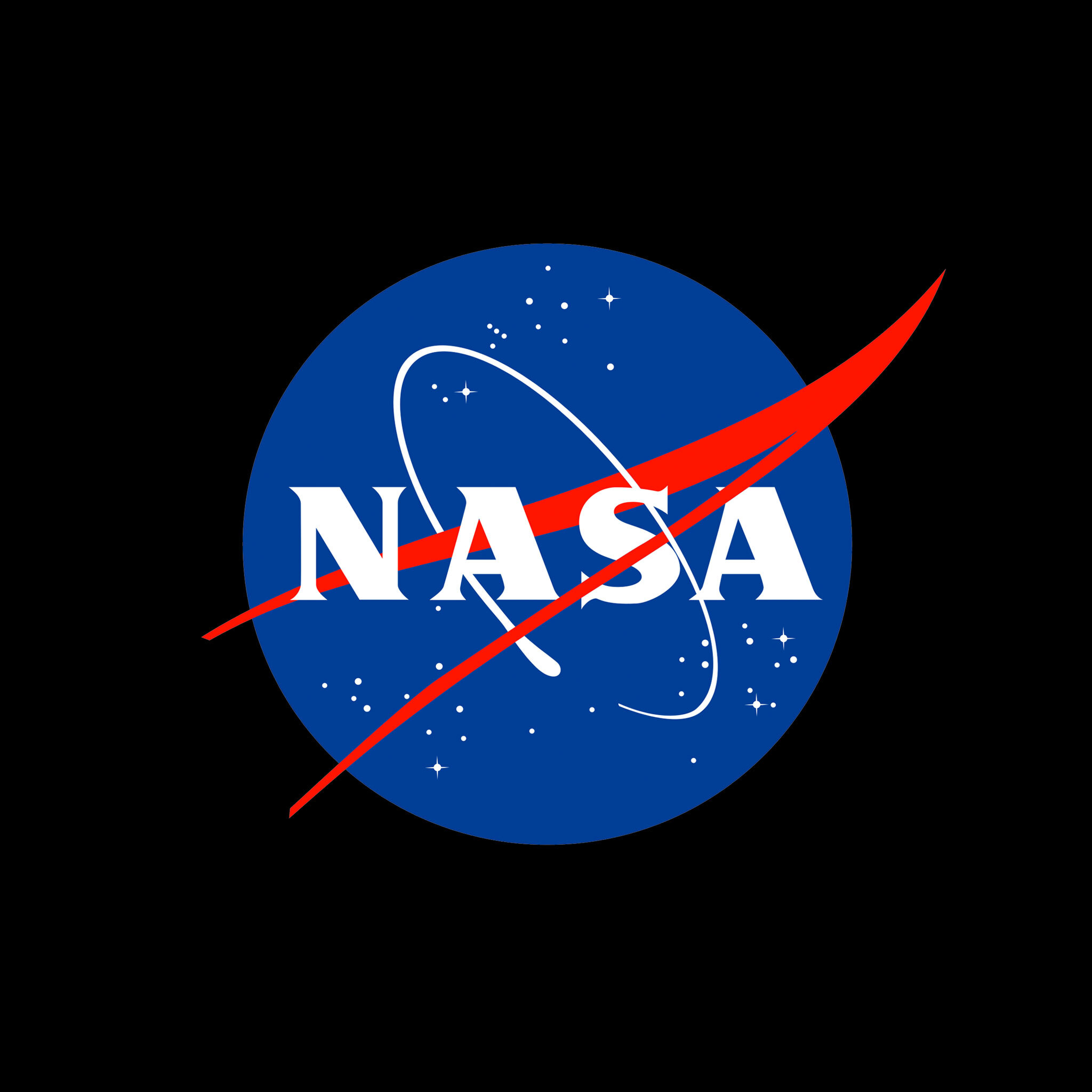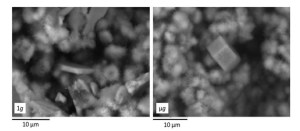2 min read
Amendment 58: New Opportunity in D.17 Extreme Precision Radial Velocity Foundation Science.
In response to a recommendation in National Academies of Sciences Exoplanet Science Strategy and the joint NASA/NSF Extreme Precision Radial Velocity (EPRV) Working Group, the Astrophysics Division has allocated some funding in FY21 to support a pilot set of competitively-selected two-year investigations that address key challenges identified by the EPRV Working Group. Specifically, this new Extreme Precision Radial Velocity Foundation Science program element solicits:
- Studies of how stellar (including solar) surface phenomena (convection, granulation, supergranulation, various flows, oscillations, magnetic fields, spots, faculae, plage) impact the radial velocity time series measurements of disk-integrated spectra and how those impacts vary over magnetic cycles.
- Investigations leading to the development of models, tools, and techniques that can be applied to disk-integrated spectra of stars to mitigate stellar radial velocity variability.
- Analyses of disk-integrated precision radial velocity observations of the Sun and benchmark (standard) stars, along with cross comparisons and simultaneous observations from different radial velocity instruments, designed to evaluate the effectiveness of mitigation strategies for stellar radial velocity variability and instrument systematics.
- Development of advanced statistical methodologies to analyze complex radial velocity datasets to enable detection of small planets and precisely measure their masses.
Proposed investigations may involve theory, observation, analysis of archival data, or a combination these approaches.
This amendment releases the text for program element D.17 Extreme Precision Radial Velocity Foundation Science. Proposals to this program will be submitted by a two-step process in which the Notice of Intent is replaced by a mandatory Step-1 proposal that must be submitted by an organization Authorized Organizational Representative. Only proposers who submit a Step-1 proposal are eligible to submit a Step-2 (full) proposal. Step-1 Proposals are due December 17, 2020 and Step-2 proposals are due January 28, 2021.
The main point of contact for Extreme Precision Radial Velocity Foundation Science is Doug Hudgins, who may be reached at douglas.m.hudgins@nasa.gov.


